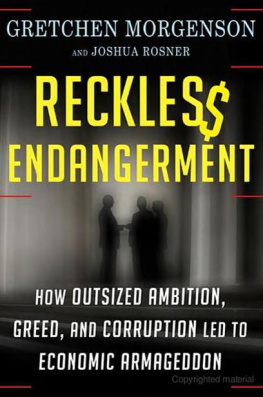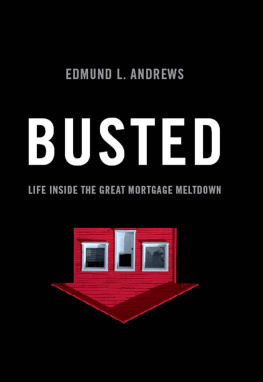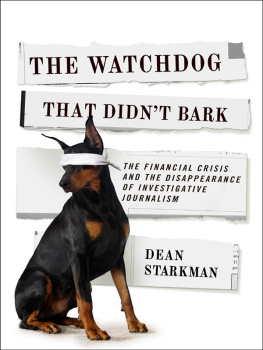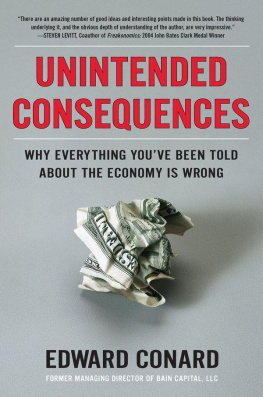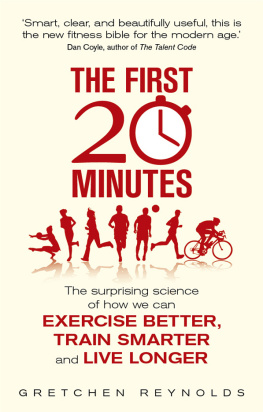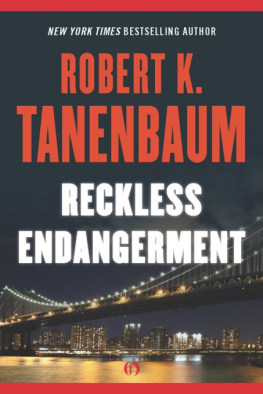
 |
FANNIE MAE AND FRIENDS |
James A. Johnson, chief executive officer, Fannie Mae, 1991-1998, director, Goldman Sachs; former director, KB Home; former chairman of The Brookings Institution and The Kennedy Center for the Performing Arts Franklin Delano Raines, former director, Office of Management
and Budget; chief executive officer, Fannie Mae, 1999-2005 David O. Maxwell, chief executive officer, Fannie Mae, 1981-1991 William Jefferson Clinton, forty-second president of the United States
Barney Frank, Democratic congressman from Massachusetts Robert Zoellick, executive vice president, Fannie Mae, 1993-1997 Thomas Donilon, head of government affairs, Fannie Mae, 1999-2005
LaRRy SummERS, deputy secretary, United States Treasury, 1995
1999. Secretary of the Treasury, 1999-2001 Robert Rubin, Secretary of the United States Treasury, 1995-1999 Richard Holbrooke, cofounder with James Johnson of Public
Strategies, consulting firm Leland Brendsel, former chief executive, Freddie Mac, 1987-2003
Timothy Howard, chief financial officer, Fannie Mae, 1990-2005 Thomas Nides, executive vice president, human resources, Fannie Mae, 1998-2001
Herb Moses, community affairs official, Fannie Mae, 1991-1998,
and former partner of Barney Frank R. Glenn Hubbard, Columbia Graduate School of Business Peter Orszag, senior economist, Council of Economic Advisors, 1995-1996
Bruce Vento, Democratic representative from Minnesota, 1977-2000
Robert Bennett, Republican senator from Utah, 1993-2010 Kit Bond, Republican senator from Missouri, 1987-2003 Stephen Friedman, former director, Fannie Mae, and former chief
executive, Goldman Sachs Maxine Waters, Democratic representative from California
DOUBTERS AND THOSE WHO PUSHED BACK
Dean Baker, codirector, Center for Economic & Policy Research Anne Canfield, lobbyist for community banks and author of The GSE Report
Marvin Phaup, former director, Financial Studies/Budget Process
group, Congressional Budget Office June O'Neill, director, Congressional Budget Office, 1995-1999 Walker Todd, former chief counsel at Federal Reserve Bank of Cleveland
Richard S. Carnell, assistant secretary for financial institutions, United States Treasury
EDwArd) DeMarco, director, office of Financial Institutions Policy,
Treasury Department, 1993-2003 William Lightfoot, former D.C. Council member Armando Falcon, director, Office of Federal Housing Enterprise
Oversight, 1995-2005 Roy E. Barnes, governor of Georgia, 1999-2003, and predatory
lending adversary William J. Brennan Jr., former director, Home Defense Program,
Atlanta Legal Aid Janet Ahmad, president, Homeowners for Better Building, San Antonio
Marc Cohodes, former money manager, Marin County, California
SUBPRIME LENDERS AND THEIR ENABLERS
Angelo Mozilo, cofounder and former chief executive, Countrywide Financial Wright H. Andrews Jr., subprime lending lobbyist Walter Falk, founder, Metropolitan Mortgage of Miami David Silipigno, founder, National Finance Company J. Terrell Brown, former chief executive, United Companies Financial
Scott Hartman, former chairman, NovaStar W. Lance Anderson, former chief executive, NovaStar Bruce Karatz, former chief executive, KB Home Henry Cisneros, secretary, Housing & Urban Development, 1993-1997
Murray Zoota, former chief executive, Fremont Investment & Loan David McIntyre, former chief executive, Fremont Corporation Louis Rampino, former chief executive, Fremont General
FECKLESS REGULATORS
Timothy F. Geithner, president, Federal Reserve Bank of New York, 2003-2008
RogER FERGUSON, vice-chairman of the FEDERAL ReServE, 1999-2006
Andrew Cuomo, secretary, Housing & Urban Development, 1997-2001
Robert Peach and John McCarthy, researchers at the Federal
Reserve Bank of New York Alan Greenspan, chairman, Federal Reserve Board, 1987-2006 Frederic Mishkin, governor, Federal Reserve Board, 2006-2008

This is not the first book to be written about the epic financial crisis of 2008 and neither will it be the last. But Josh and I believe that Reckless Endangerment is different from the others in two important ways. It identifies powerful people whose involvement in the debacle has not yet been chronicled and it connects key incidents that have seemed heretofore unrelated.
As a veteran business reporter and columnist for the New York Times, I've covered my share of big and juicy financial scandals over the years. For more than a decade as an established financial and policy analyst, Josh has seen just about every trick there is.
But none of the scandals and financial improprieties we experienced before felt nearly as momentous or mystifying as the events that culminated in this most recent economic storm. That's why we felt that this calamity, and the conduct that brought it on, needed to be thoroughly investigated, detailed, and explained.
The disaster was so greatits impact so far-reachingthat we knew we were not the only ones who wanted to understand how such a thing could happen in America in the new millennium.
Even now, more than four years after the cracks in the financial foundation could no longer be ignored, people remain bewildered about the causes of the steepest economic downturn since the Great Depression. And they wonder why we are still mired in it.
Then there is the maddening aftermathwatching hundreds of billions of taxpayer dollars get funneled to rescue some of the very institutions that drove the country into the ditch.
The American people realize they've been robbed. They're just not sure by whom.
Reckless Endangerment is an economic whodunit, on an international scale. But instead of a dead body as evidence, we have trillions of dollars in investments lost around the world, millions of Americans jettisoned from their homes and fourteen million U.S. workers without jobs. Such is the nature of this particular crime.
Recognizing that a disaster this large could not have occurred overnight, Josh and I set out to detail who did it, how, and why. We found that this was a crisis that crept up, building almost imperceptibly over the past two decades. More disturbing, it was the result of actions taken by people at the height of power in both the public and the private sectors, people who continue, even now, to hold sway in the corridors of Washington and Wall Street.
Reckless Endangerment is a story of what happens when unfettered risk taking, with an eye to huge personal paydays, gains the upper hand in corporate executive suites and on Wall Street trading floors. It is a story of the consequences of regulators who are captured by the institutions they are charged with regulating. And it is a story of what happens when Washington decides, in its infinite wisdom, that every living, breathing citizen should own a home.
Josh and I felt compelled to write this book because we are angry that the American economy was almost wrecked by a crowd of self-interested, politically influential, and arrogant people who have not been held accountable for their actions. We also believe that it is important to credit the courageous and civically minded people who tried to warn of the impending crisis but who were run over or ignored by their celebrated adversaries.
Familiar as we are with the ways of Wall Street, neither Josh nor I was surprised that the large investment firms played such a prominent role in the debacle. But we are disturbed that so many who contributed to the mess are still in positions of power or have risen to even higher ranks. And while some architects of the crisis may no longer command center stage, they remain respected members of the business or regulatory community. The failure to hold central figures accountable for their actions sets a dangerous precedent. A system where perpetrators of such a crime are allowed to slip quietly from the scene is just plain wrong.
Next page
